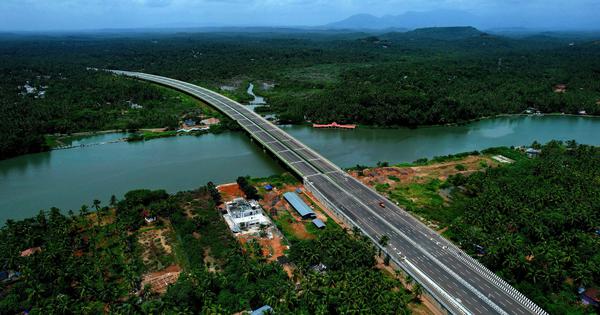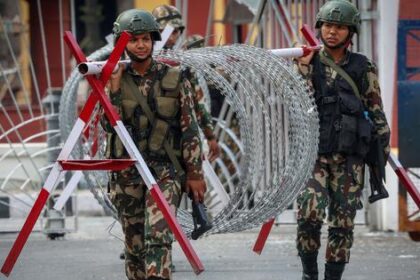High-speed roads threaten Kerala’s social fabric and fragile geography, raising important questions about development.
Kerala’s new National Highways, promoted as catalysts for development, aim to enhance travel efficiency and expedite the movement of goods. However, this ambition raises significant concerns about the potential social and ecological consequences in a state where the landscape is just 120 kilometers wide, stretching from mountains to the sea.
In this unique ‘rurban’ setting, where urban and rural areas blend seamlessly, the introduction of high-speed roads could disrupt the existing social and economic fabric. Historical perspectives, such as those from English academic Thomas F Taylor, have warned against the dangers of prioritizing speed. In 1909, Taylor argued that a relentless pursuit of speed in movement and production could unravel the moral and social cohesion of society. He pointed out that speed distorts relationships, drawing wealth and people toward select centers while leaving other areas depleted.
Mohandas Gandhi echoed similar sentiments, reflecting on the moral implications of technology and transportation. He perceived railways and motor vehicles as symbols of a civilization enamored with haste, which ultimately undermined community and self-reliance. For Gandhi, the critical inquiry was not about how quickly we could traverse distances, but whether such movement served the principles of truth, equity, and human-scale interaction.
Decades later, philosopher Ivan Illich further advanced this argument in his work, Energy and Equity. He posited that as society accelerates, it breeds inequality, monopolizing public spaces for the affluent while imposing hidden costs on the majority. In the context of Kerala, the new highways are poised to serve a small segment of the population—those who own cars—while marginalizing small traders, local service providers, and slower travelers who once animated the roads.
The older road networks and railways, which were intricately woven into the daily lives of residents, facilitated commerce and connections that reflected the state’s diversity and density. In contrast, the new highways, modeled after Germany’s Autobahn, seem to prioritize speed over equity and concrete over community.
Compounding these concerns is the fact that the fragile geography of Kerala has often been overlooked in highway planning. The state’s undulating hills, numerous rivers, porous soils, and heavy monsoon rains pose unique challenges. Already, some sections of the new highways have experienced issues such as waterlogging and structural failures even before their completion. When speed is enforced upon a landscape that requires sensitivity, the outcome is often detrimental—leading to erosion of soil, stability, and trust in public infrastructure.
As someone who also owns a car, I find myself increasingly opting for slower modes of travel, such as walking or using public transport. These journeys allow me to reconnect with the essence of Kerala—a place where travel is communal, interactions are warm, and the pace of life accommodates reflection and connection. The wisdom imparted by Taylor, Gandhi, and Illich underscores that speed is not a neutral force; it actively shapes the society that embraces it.
In a state that has achieved remarkable human development through social investments rather than mere material wealth, it is essential to reflect on whether the rapid advancements in highway infrastructure truly align with our developmental ethos. Genuine progress may lie not in hastening our journeys but in fostering an environment where everyone—regardless of economic status—can travel together at a humane pace, while preserving both our ecology and our commitment to equality.








